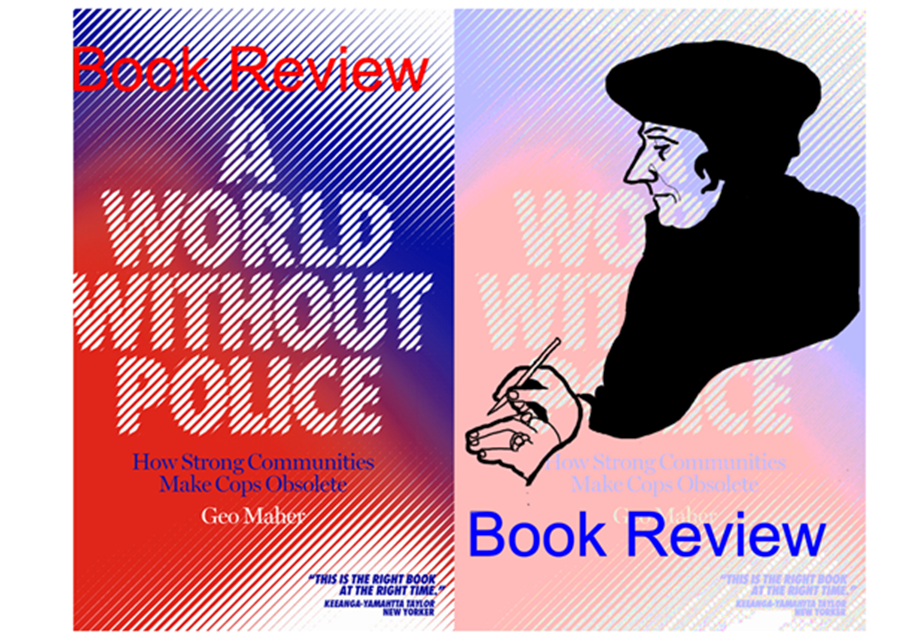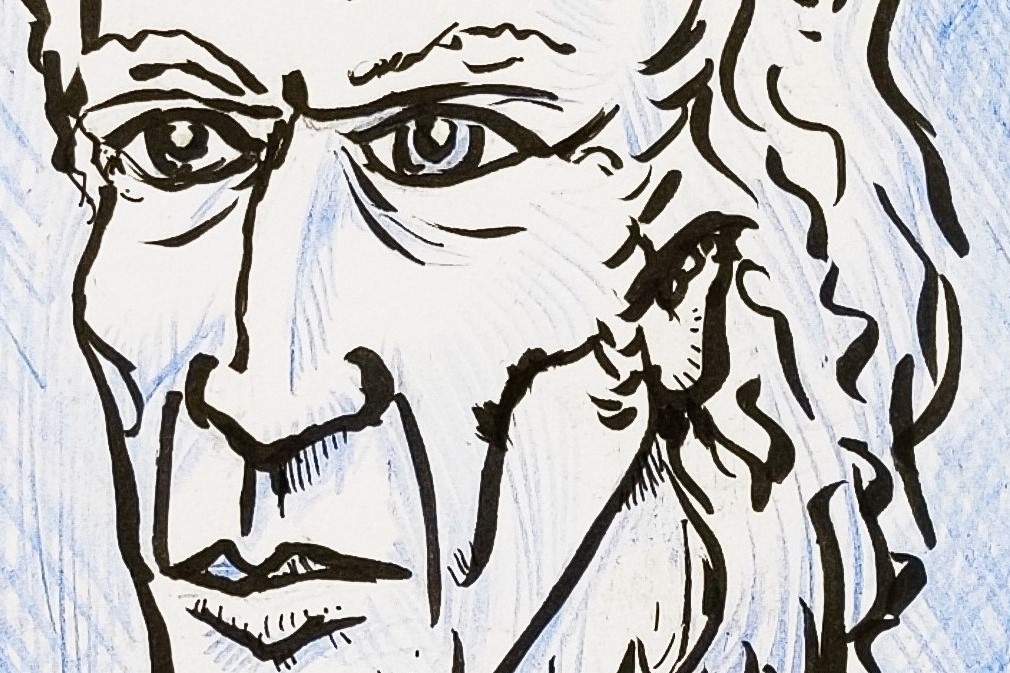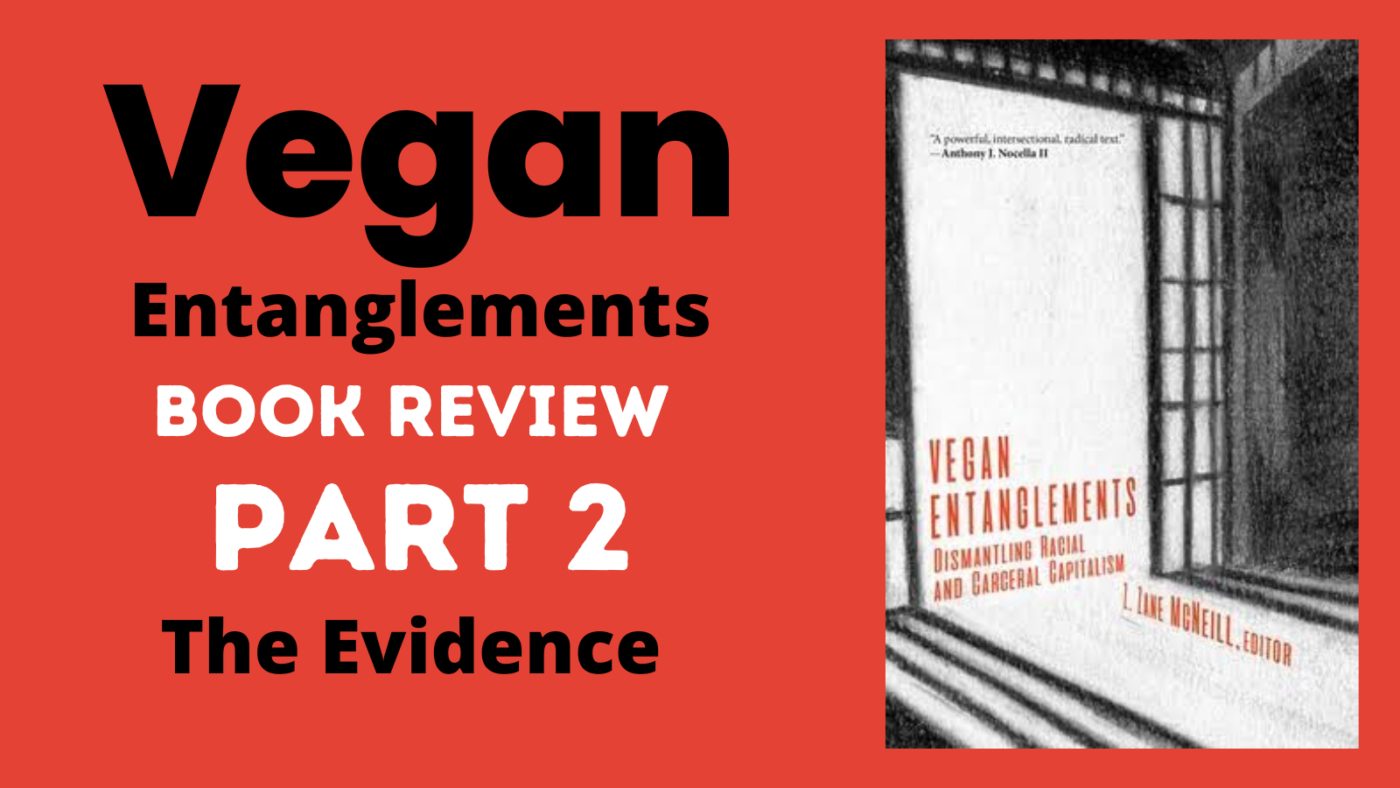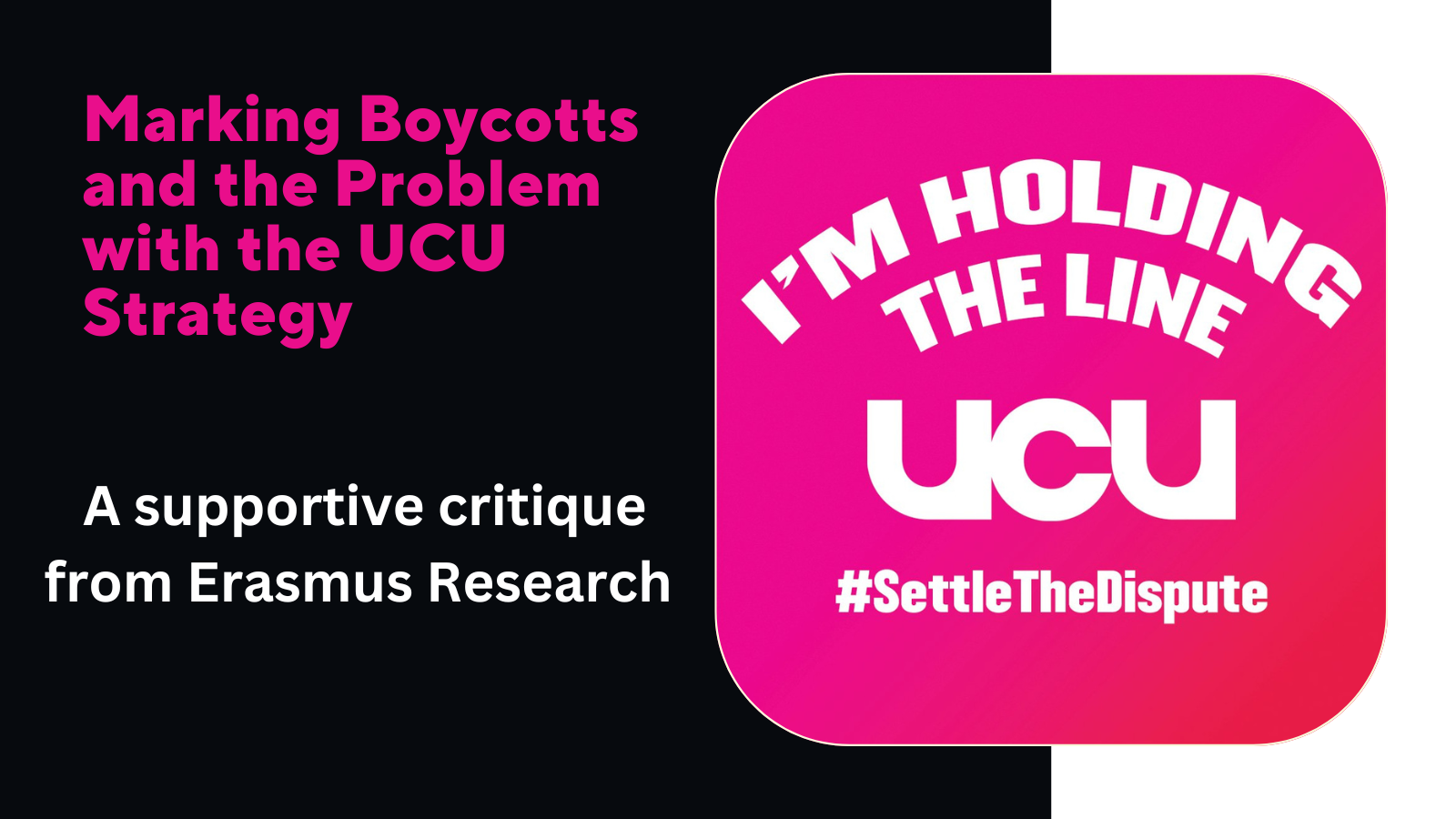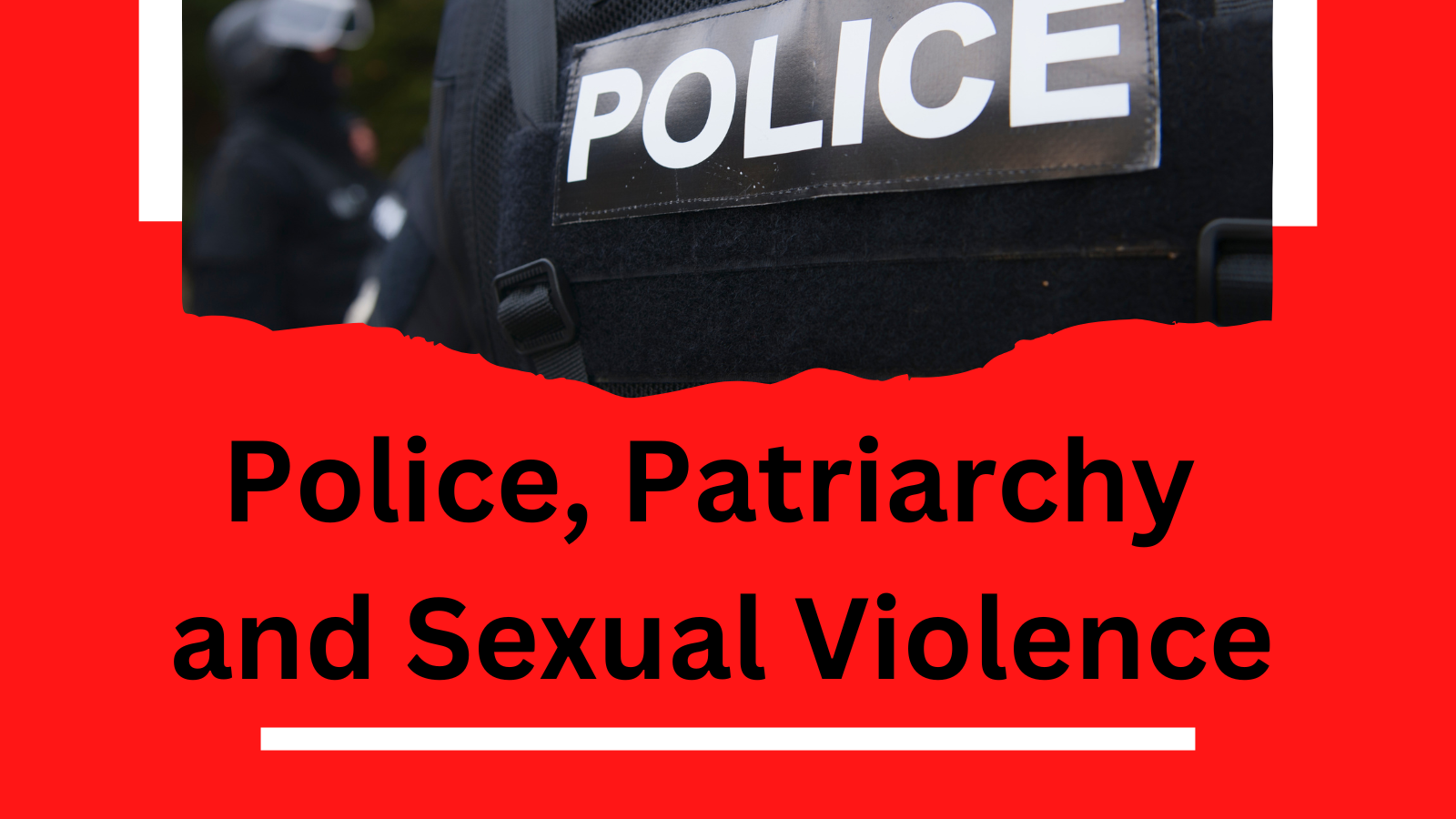Geo Maher’s new book, A World Without Police, makes a very straightforward set of claims that, although specific to the US, have universal relevance. Firstly, Maher claims that the police do more harm than they ever purport to ‘prevent’ and that they serve a political, rather than a societal function – namely the enforcement of the conditions of (racialised) capitalism.
This claim is not new. It has been extensively explored by a diverse group of writers including most notably: Walter Benjamin in the 1930s, Foucault in the 1970s, and the raft of critical criminologists to emerge from Europe in the 1980s. The most important recent work, however, has emerged from the US in recent years as the voices of black women such as Angela Davis, Ruth Wilson Gilmore and Mariame Kaba forged an abolitionist agenda of global significance. Maher’s book brings the subject up to date with an insightful catalogue of contemporary reasons why the police should be abolished.
His second claim is that, in order to abolish the police, it is necessary to (re)build strong communities that are competent in resolving their own social issues without the need of the state. Penal abolitionism and strong communities cannot be discussed separately, since they are entirely interdependent. In short, the central message of the book is that strong communities make cops obsolete. In order to rebuild strong communities, Maher claims, it is necessary to not only destroy the punitive-paternal state apparatus but also to commit to a broader abolitionist agenda that embraces far reaching social change.
“Abolition isn’t just about getting rid of buildings full of cages. It’s also about undoing the society we live in because the prison industrial complex both feeds on and maintains oppression and inequalities through punishment and violence” – p15.
Although this book is written almost exclusively from a US perspective, the expansion of police powers in almost every European country, including the UK, makes it just as relevant on this side of the Atlantic. What is certainly relevant is the need to expose the universal myth that the police are a force for good, a lie that has been so effectively perpetuated through decades of ‘copaganda’, in which the print media, television and film (nowhere more so than Hollywood) portray the police as the ‘good guys’ in the fight against ‘crime’ and ‘criminals’.
This ‘cops and robbers’ binary narrative is, of course, nothing but a political trope. ‘Crime’ is a political construct which is greatly weakened when we ask the question – what is a ‘criminal’ in direct relation to, say for example, an entire political class empowered to embezzle and cause great societal harm with increasing impunity.
Myth Busting
The book begins by dismantling the political myth that the police in the US exist to ‘protect and to serve’ the general public. It does so by showing, statistically as well as qualitatively that the police not only have a negligible effect on the incidence of ‘crime’, but perpetuate, through its monopoly on the legitimate use of violence, more social harms than its proponents and supporters claim it prevents.
The example the book utilises for the continued justification of police is that of sex crime. The spectre of sexual assault is deployed to justify the need for police to prevent rape and arrest rapists, as well as the need for prisons to lock them away. Yet this has never been the reality on either side of the Atlantic.
As we know all too well in the UK, less than 2% of reported rape cases get to court. This appallingly low conviction rate was further damned when statistics emerged in a Channel 4 Dispatches programme (Cops on Trial – Monday 11th October) showing that over 2000 cases of sexual misconduct were raised against the police in the last four years alone. Around 240 accounts of sexual misconduct were made against serving officers of Police Scotland with not one single officer being dismissed from service as a result. An investigation by Byline Times revealed that in the Met alone, more than half of officers found to have committed a sexual offence remained in post, with many of those facing gross misconduct charges being allowed to resign, full pension intact.
Allegations of sexual and domestic abuse against police officers are higher than any other profession, a statistic that stands up on both sides of the Atlantic. The rape and murder of Sarah Everard by a serving police officer, and the brutal and violent police response to the women who protested against her killing has demonstrated the institutional misogyny of the UK police. It has also inspired a number of whistle-blowers to speak out against a culture of toxic masculinity across the UK’s police forces, opening the floodgates to a torrent of testimony that has the potential to prove what many have long been saying, namely that institutional policing is, by its very nature, highly criminogenic.
Maher goes on to detail how the murder of George Floyd by the police in the US, and the brutal repression of the resultant protests in response has fuelled a widespread call to defund the police in a large number of States. This call is growing by the day, and there have been a number of organised political attempts, such as those in Minneapolis, to divert the massive police budget away from policing and prisons towards mental health and addiction services, homelessness support and mediation.
Beyond Reform – Towards Abolitionism
The book considers attempts at reform, arguing that rather than positive change, the reform agenda always serves to augment and strengthen police power, before arguing for a more radical and permanent outcome. This requires two important things, firstly to achieve change, the power of the police needs to be dismantled, the first step of which is to remove the influence of the police federations and their ability to lobby government. Secondly, there is an urgent need to build communities that are strong enough to make police obsolete.
The first point is interesting as it exposes clear parallels between the US and the UK. Firstly, policing is everywhere, an expansive activity. That is to say, the police always and at all times insist on more police and more resources to be made available. The other universal demand by the police and other agencies of the authoritarian state (such as border officials and the security services) is that of increased levels of impunity.
Indeed, the Police, Crime, Sentencing and Courts Bill, and The Covert Human Intelligence Sources (Criminal Conduct) Act 2021 passed in March in England and Wales gives the police unprecedented new powers as well as increasing levels of impunity from prosecution when they commit serious offences while on duty. The current outrage surrounding the protection from prosecution of border guards who might deliberately allow refugees, including young children, to drown while turning them away from the UK’s shores, highlights the political understanding between the state’s legislature and the state’s punitive institutions.
Building communities without police requires abolitionists to fight on two fronts. On the one hand we have to build a new world, which entails a radical programme that will eventually render the authoritarian state and its patriarchal structures obsolete. On the other hand, we simultaneously need to fight to destroy the old world from within.
Calling on abolitionists, Maher argues:
“Since the police exist to maintain divisions among the poor, the fight against them is a central process of overcoming these divisions, unifying the poor and working class, and strengthening our own fighting forces” – p129
In order to build communities in which police are obsolete, there is a need to create relationships and community networks that can employ conflict resolution and de-escalation methods. Maher points to existing examples of mutual aid as well as forms of community-based restorative and transformative justice, evident in a number of countries and political contexts. From Northern Ireland, South Africa, Bolivia and North Eastern Syria (Rojava) capitalist exploitation and colonial occupation has forced communities to seek out radical alternatives that provide levels of security they could not expect from the occupying force. These examples serve as an inspiration to us all and show that another world is possible.
Geo Maher finishes his important book with a quote;
‘As Ruth Wilson Gilmore tells us – “Abolition requires that we change one thing; EVERYTHING”, Let’s do it!’

